Although many people may seek out ways to file for bankruptcy, Chapter 7 has strict requirements on who qualifies.
Learning more about what you can do if you need financial help starts with knowing the rules in place.
Income level
One of the biggest differences between Chapter 7 and Chapter 13 bankruptcy is that Chapter 7 allows for liquidation of assets. However, this means the debtor must make less than a certain amount of money to qualify for this process.
Some ways to determine if you are eligible include looking at various pay stubs, child support, property, retirement income, or even places you rent to other people. Gathering this information helps the court to learn more about how much income you have overall. These items are also compared to your state’s median income level to help better illustrate if you can file for Chapter 7. If your income level is higher than the median, you may apply for this process.
Ability to repay
This second chance depends on repayment methods. If you have enough income to pay off at least part of the outstanding debt after paying off all your other necessary expenses, then you may qualify.
Previous cases
One exception to this situation is if you had previously gotten debt discharged from a Chapter 7 or Chapter 13 bankruptcy before. This disqualifies you from filing again. You are also unable to try again if your case got dismissed up to 180 days ago previously. This may occur if you had disregarded an order from the courts about an earlier case.


